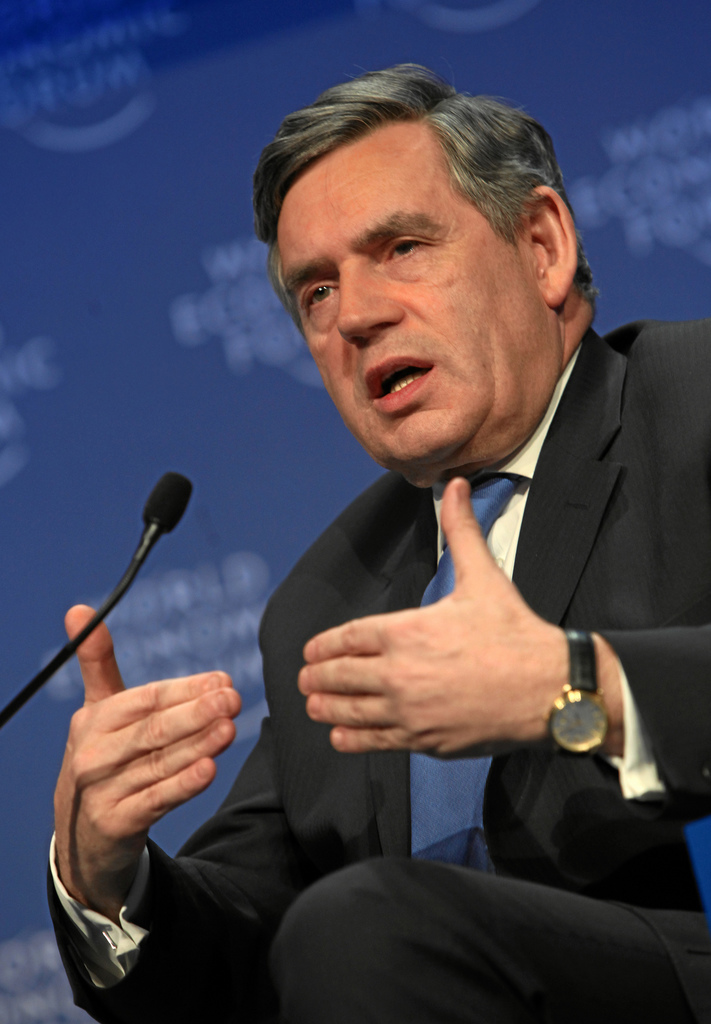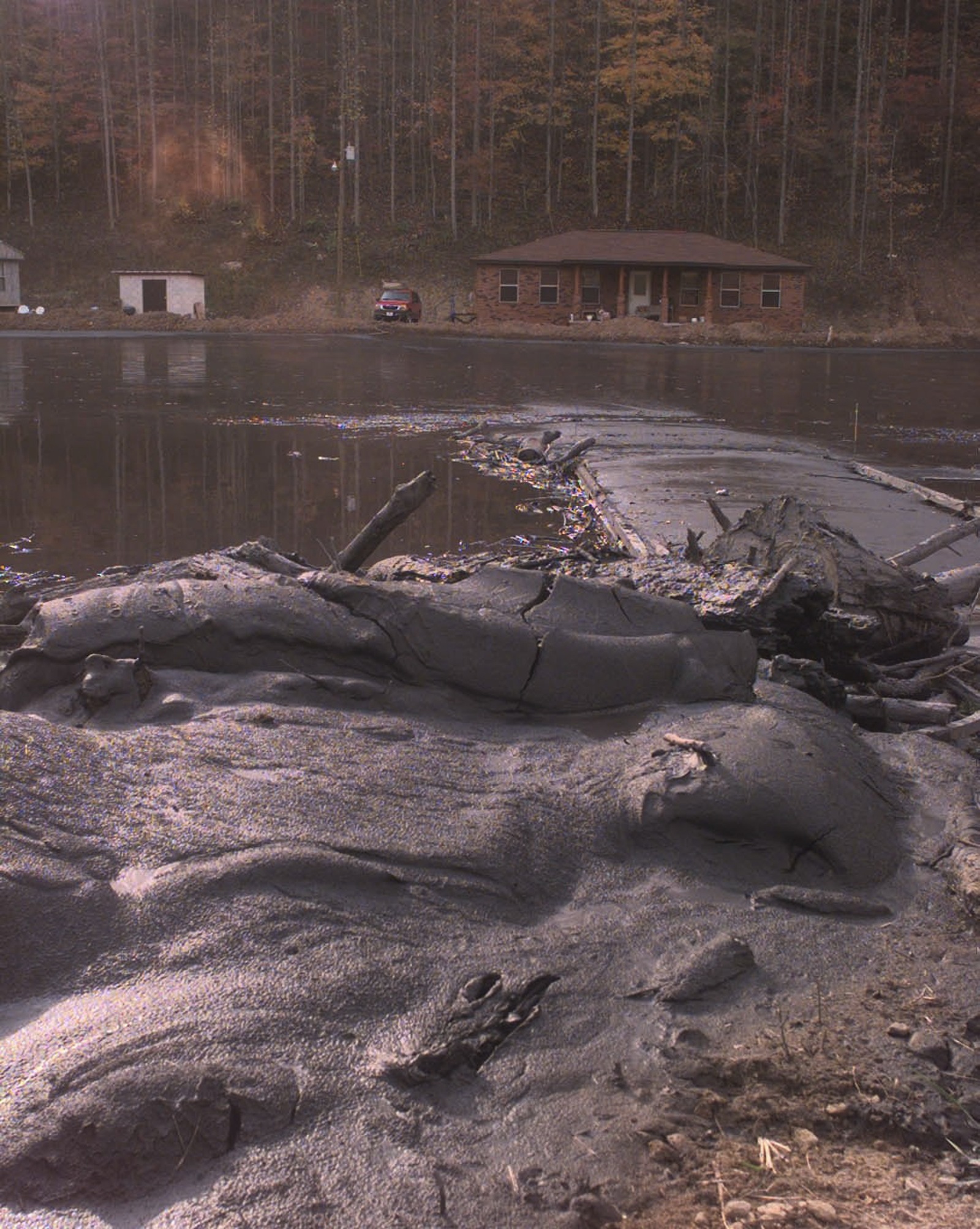
In May 1997, after a surprising election victory, a young, charismatic man named Tony Blair settled into his new office at 10 Downing Street in London as the United Kingdom’s Prime Minister. This signaled the beginning of the Labour Party’s hold on the Premiership. However, after nearly thirteen years in power, Labour’s grasp on Downing Street seems to be slipping as the general election approaches.
Labour’s waning popularity has been long coming. From the time Blair took office, Labour has seen its seats in the House of Commons decline from 419 in 1997 to 413 in 2001 to 356 in 2005 (BBC). As it stands, Labour, now led by Gordon Brown who succeeded Blair in 2007, is running behind in the polls. A recent poll conducted at the end of January placed the Conservative Party, or Tories for short, with 40 percent of the vote and Labour with 29 percent.
However, polling data is not something to rely on when predicting the outcome of the general election. In 2001, many polls predicted that the Conservatives would win the election, only to be beaten by nine points after the votes were counted. A similar incident occurred in 1987 when Labour had strong poll numbers going into the election after running what they considered a successful campaign only to be defeated by the Tories led by Margaret Thatcher.
Even with the outlook seeming grim for Labour, many Labour Members of Parliament (MPs) are not conceding the election to the Conservatives. The Tories main jousting point with Labour, its management of the slowly recovering economy, is starting to hold less weight with the general public. The recession in the United Kingdom is officially over by definition with the economy growing for the first time since the beginning of 2008. The fourth quarter of 2009 showed an increase of .01% in the economy.
David Cameron, the Conservative Party’s leader and the potential successor to Brown, argues that the current Labour government has not fixed the problems that led to the recession. However, voters are typically more concerned with which candidate holds the greatest prospects for recovery than with what caused the recession. This makes both Brown and Cameron very reliant on the economic data that comes out in the next few months leading up to the election in order to provide backing for their claims. Estimates from the first quarter of 2010 were released by the Organization for Economic Cooperation and Development (OECD) in early April and estimated that the UK economy grew by two percent in the first quarter and is slated to gain by three percent in the second. Brown called the election very soon after for May 6, the definitive date of the local elections which Brown was easily able the general election onto. MPs had been preparing for months for this date.
Though the economy remains the number one issue with voters, the war in Afghanistan is also a top priority. The war has always been a sensitive topic in Britain since it began in 2002, but in 2009 when troop casualties reached their highest levels since the Falkland War, the public outcry against the war increased dramatically. In response, Brown hosted a meeting with world leaders in January to discuss the situation in Afghanistan and the future role of the United Kingdom in the war. He also held a parallel meeting the same day to discuss the growing threat of terrorist activity in Yemen. Cameron and the Tories have consistently argued that Brown has mismanaged the war and sent troops into the battlefield without the adequate equipment and supplies.
Brown does not only have to deal with headaches from the Tories but also from fellow Labour Party members. Some Labour Party members are quietly calling for Brown to step down before the election and others are challenging him more directly. In early January, two former cabinet ministers, Patricia Hewitt and Geoff Hoon, called for a vote to unseat Brown as Labour’s leader saying that they did not have confidence in him going into the election. The attempted coup, the third since Brown took office, failed but showed deep party divides that are more personal than political.
“If part of the answer to Labour’s problems is a new leader, we need an analysis of what is wrong in order to look for the kind of leader who might be able to put things right,” said Clare Short, a former Labour MP turned independent in 2003 in an interview with New Statesman. “Underneath this is a pro-Blair versus pro-Brown division…They created New Labour together. Brown was the brains, Blair the front man. The clashes were of egos, ambitions and hangers-on, not of principle or strategy.”
When attempting to unseat Brown, neither Hewitt nor Hoon pointed out a specific policy or decision that they disagreed with him on. Their reasons for trying to topple Brown were mostly personal and they did not seek any changes in policy, only in leadership. To make matters more awkward, the names within Labour’s ranks to replace Brown if the election is lost, or possibly even if it is won, are some who are closest to Brown.
Among those widely considered to be front runners for Labour’s top position following the election are Ed Balls, Children, Schools and Families Secretary; David Milliband, Foreign Secretary; his brother Ed Milliband, Energy and Climate Change Secretary; Harriet Harman, Labour’s deputy leader. Yet they all must continue to show support for Brown, at least until the election is over, if Labour is to have a chance of winning.
If Brown wants to keep Labour in control of the Premiership he needs to take three decisive moves. First, he needs to keep a careful eye on the sluggishly recovering economy and jump-start it as much as possible. Unfortunately, this is his most difficult task because most likely any action he currently takes will not have a drastic affect on the economy before the election. The economic report issued by OECD was good news for Brown especially because it forecasts notable economic growth to come but was not the dramatic jolt he would have liked. Nevertheless, he needs to continue to try and persuade voters that his party is more capable of stewarding the economy by increasing spending than the Tories would be by cutting it.
Secondly, he needs to make a strong effort to begin to decrease the number of British troops in Afghanistan. Though this may hurt relations with the United States because the United Kingdom has the second largest number of troops in the war (9,000) after the United States (68,000), it is vital that troops start to return home to appease the public’s distaste for the war claiming a large number of lives. If that cannot be done quickly enough, Brown needs to make an effort to limit the number of soldier casualties even if that does involve conceding to Cameron’s argument that the troops need to be better equipped.
Thirdly, and perhaps most importantly, Brown needs to unite his party. The three separate attempts to unseat Brown have been highly published and voters are clearly aware of the dissention amongst the Labour ranks. Voters are asking themselves whether they trust a party that cannot hold itself together to govern a nation. The Tories clearly see this fissure and will most likely try and exploit that fact as the election approaches. The good news for Brown in this case is that unifying the party, at least for the election, could be simple. As mentioned before, there are few ideological differences between the main factions within the Labour Party, the Brownites and the Blairites, and mostly the conflict stems from egos and personal loyalties. Brown needs to get all of Labour to stand behind him to convince the public that his party is better suited to govern Britain than the Conservatives or else face certain defeat.



